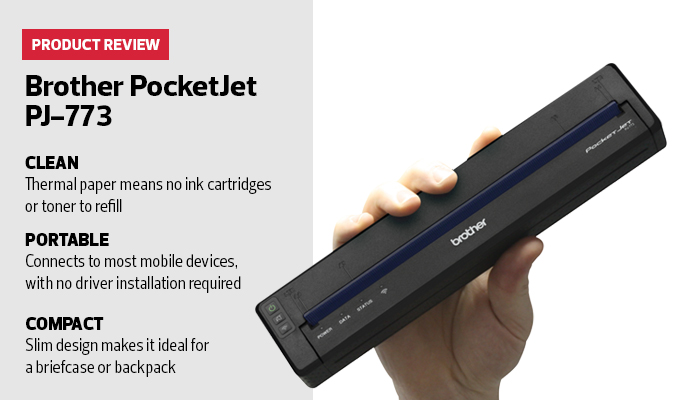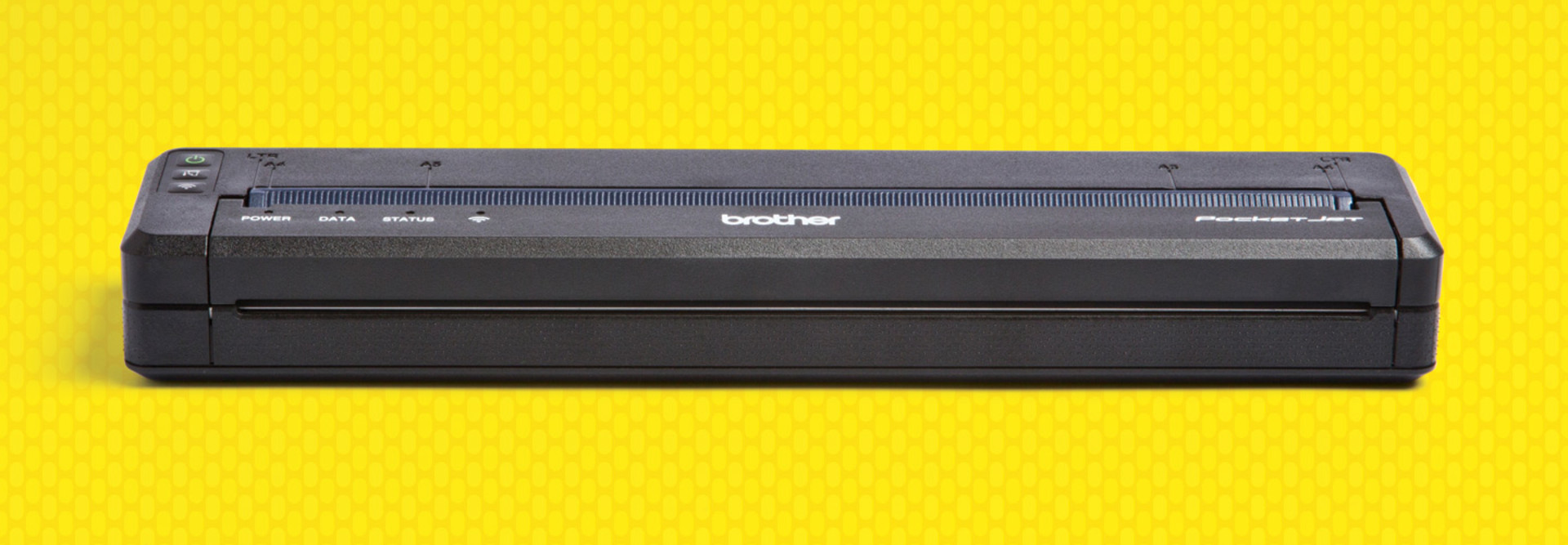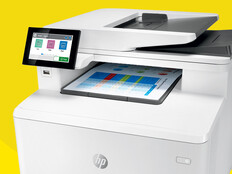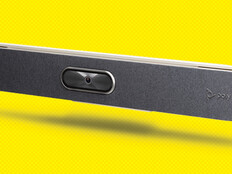Review: Print on the Go with Brother’s PocketJet PJ-773
Despite the trend to digitize workflows, the world still relies on paper. In the public sector, police and other public safety workers access accident and incident reports, citations, Amber Alerts and more. Field service crews use hard copies of diagrams and instructions, and building inspectors deliver measurement reports to property owners.
Workers on the go need a reliable, fast, compact option to print documents on the spot. For them, the Brother PocketJet PJ-773 offers a good lightweight mobile choice to break ties to the home office.
My first-time setup with the device went smoothly. Despite the small size, I easily loaded the thermal paper into the PJ-773. Users should make sure the black mark on the paper faces up and sits closest to the indicator lights.
A hard plastic carrying case doubles as a clipboard. The paper sits inside the case and automatically feeds into the printer, and the output comes from the slot at the end. The perforated sheets tear cleanly, eliminating uneven rips that ruin pages.
A Printer that Plays Nice with Many Devices
The printer features extensive mobile device compatibility; users connect via password-protected Wi-Fi, with no need to install a driver. I tested the PJ-773 from Apple, Windows and Android devices and all successfully printed pages of simple text (Microsoft Word, 11 point Calibri font).
The PJ-773 took about 16 seconds to output one page, a rate of about four pages per minute. That speed will suffice in most cases because mobile users typically need to print only a few pages at a time. Print quality looked good and remained consistent throughout the test. The battery will yield about 600 pages before needing a charge; you can extend battery time with a car adapter power supply.

Another perk for those on the go: The special thermal paper does not require ink or toner, which eliminates mess, though it is a little more expensive than regular printing paper. Out of the box, Brother helpfully supplies fanfold letter-size paper with convenient and easily torn perforations.
The PJ-773 will not impress with high-quality photo reproductions, but for field personnel who require convenience and speed, it will be a reliable resource.
Easy Set-Up Gets Workers Printing Faster
Field personnel can use the PocketJet PJ-773 as is, but a variety of optional settings make it highly customizable. You can install a Windows print driver from Brother (support.brother.com) along with the Printer Setting Tool. For example, when printing from iBooks on an Apple iPhone 5, I noticed that the scaling wasn’t quite right: Part of the printout would spill onto another page. I resolved the issue by using the Printing Setting Tool to adjust the scaling to 95 percent.
The tool allows you to fine-tune power levels to save battery life, with automatic power on/off and Wi-Fi settings. You can also change the speed of output and treatment of the perforations, and modify the tear lines. If the printer paper is slipping or not feeding properly, simply adjust the grip and feed settings to improve performance.
A security setting allows the printer to completely erase its memory of whatever just printed — a key feature for government staff handling sensitive information. If certain images do not appear to your liking, you can calibrate JPEG print settings and scaling to improve the quality.
For labels or standard template printing, the PJ-773 integrates with Brother’s familiar P-touch software, usually associated with its label makers. You can access simple templates for address labels, telephone numbers, IP address and cable labels, bar codes and more, and print directly from the PocketJet printer. Brother’s handy P-touch transfer manager allows you to store the templates on the printer, for retrieval and use on the go.
Brother PocketJet PJ-773
DPI Resolution: 300x300
Rated Maximum Print Speed: 8 pages per minute
Connectivity: Wi-Fi (802.11 b/g/n)
Print Output: Monochrome, thermal paper
Dimensions: 10.04x2.17x1.53 inches
Weight: 1.34 pounds with battery
Flash Memory: 32MB









